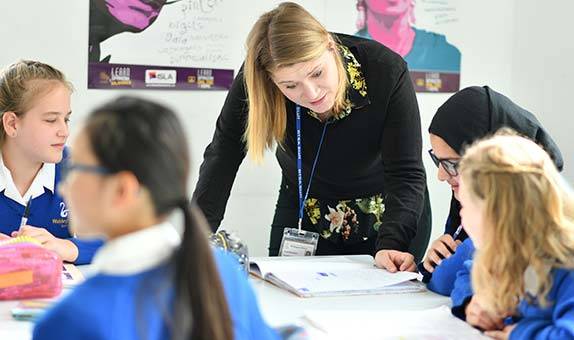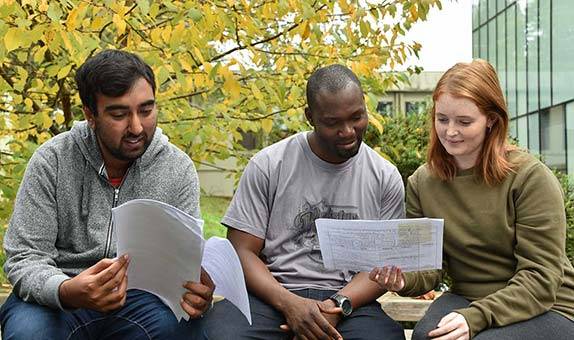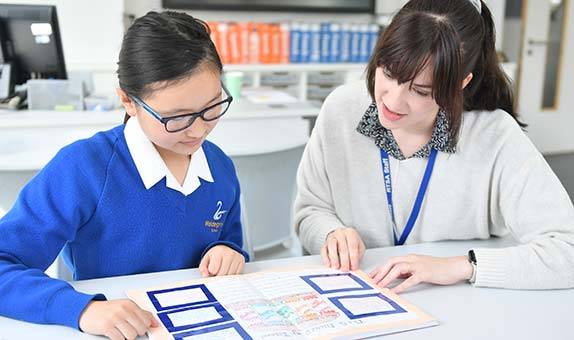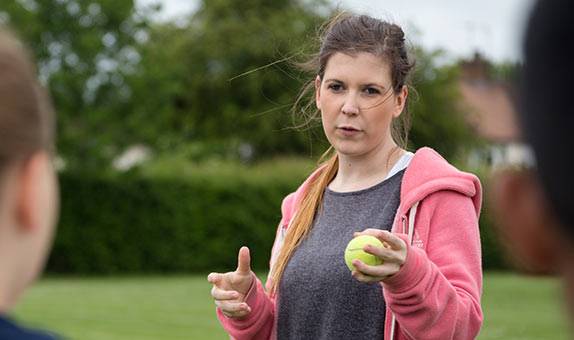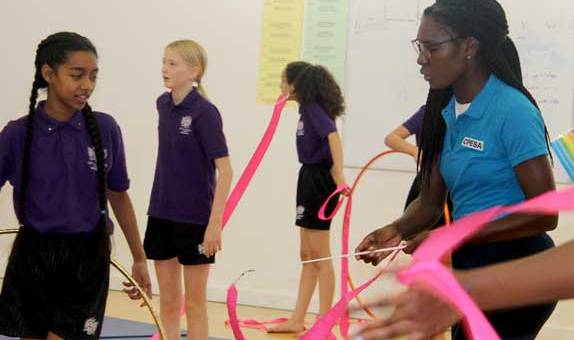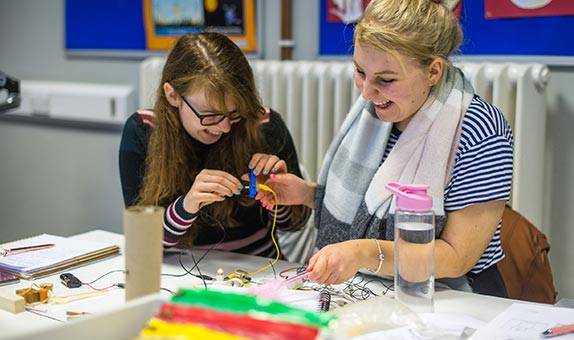Secondary Teaching leading to Qualified Teacher Status (QTS) PGCE
Why choose this course?
Want to make a difference to the lives of young people in the classroom? Train to teach in one year with our PGCE Secondary course.
This course will enable you to become an effective, inclusive and evidence informed teacher. The course is designed to model dynamic, flexible and responsive teaching which you can use in your own practice. You will benefit from two contrasting placements in our committed partnership of schools. The course is designed to allow you to spend 120 days in schools, working with experienced teachers to develop your practice.
You will also benefit from a course that supports you in becoming a research-engaged teacher, who can use evidence to drive improvements in young people's learning and wellbeing.
In addition to gaining Qualified Teacher Status (QTS) in accordance with government standards, you will also receive the award of PGCE with 60 credits towards our Master of Research in Education (MRes), which you can continue with beyond your PGCE year.
| Pathway | UCAS code | Mode | Duration | Start date |
|---|---|---|---|---|
| Biology | C1X1 | Full time | 1 year | September 2024 |
| Chemistry | F1X1 | Full time | 1 year | September 2024 |
| Citizenship with Social Science | 2VZZ | Full time | 1 year | September 2024 |
| English | 37ZX | Full time | 1 year | September 2024 |
| Mathematics | G1X1 | Full time | 1 year | September 2024 |
| Physical Education | 3CL9 | Full time | 1 year | September 2024 |
| Physical Education with EBacc | X838 | Full time | 1 year | September 2024 |
| Physics | F3X1 | Full time | 1 year | September 2024 |
| Main Location | Kingston Hill |
Reasons to choose Kingston University
- This intensive, well-supported course prepares you to teach in the 11-16 age range and offers the opportunity to develop teaching for sixth form.
- Kingston's partnership schools offer excellent opportunities for practical learning.
- You will have personalised support from both University and partnership schools.
Choose your pathway
Additional costs
Depending on the programme of study, there may be extra costs that are not covered by tuition fees which students will need to consider when planning their studies. Tuition fees cover the cost of your teaching, assessment and operating University facilities such as the library, access to shared IT equipment and other support services. Accommodation and living costs are not included in our fees.
Where a course has additional expenses, we make every effort to highlight them. These may include optional field trips, materials (e.g. art, design, engineering), security checks such as DBS, uniforms, specialist clothing or professional memberships.
Course changes and regulations
The information on this page reflects the currently intended course structure and module details. To improve your student experience and the quality of your degree, we may review and change the material information of this course. Course changes explained.
Programme Specifications for the course are published ahead of each academic year.
Regulations governing this course can be found on our website.



